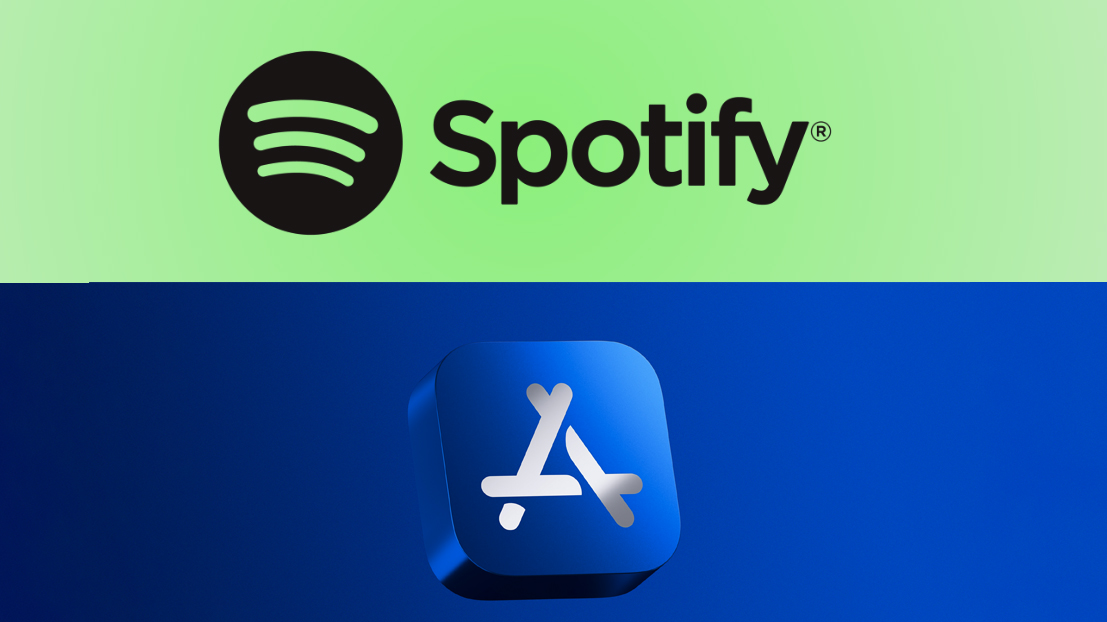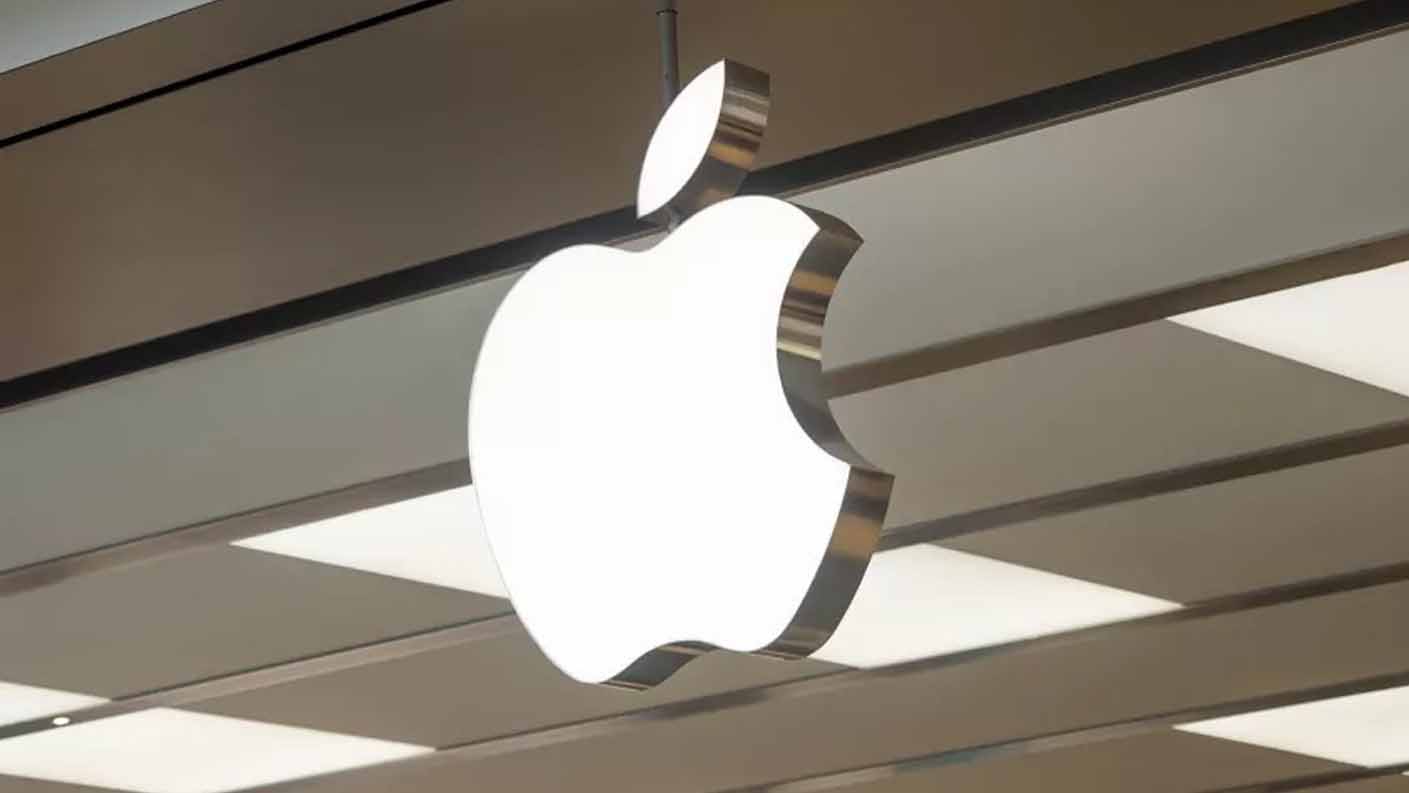Spotify, Epic and more brand Apple's changes 'a mockery of the DMA' on the eve of seismic iOS deadline
Apple hasn't made enough changes for some.

iOS 17.4 will see huge shifts for Apple's previously 'walled garden' App Store policies, but in a new letter to the European Commission, developers say it's not changing enough.
Led by Spotify and Epic, the letter shared via the former's site lays out a series of "obvious and egregious" complaints with Apple's rollout of its changes.
The Digital Markets Act, aimed at loosening the grip of "digital gatekeepers" like Apple or Google, has pushed Apple into allowing sideloading on iOS for the first time (jailbreaking aside), as well as revised payment processes and a "Core Technology Fee" based on annual installs after a million downloads. To avoid that fee, developers will need to keep their apps in the App Store, where they can still be vetted by Apple.
The letter, signed by no fewer than 34 companies and associations, says this structure “seems designed to maintain and even amplify Apple’s exploitation of its dominance over app developers."
The choice between the Core Technology Fee and launching on the App Store is deemed "unworkable", with the companies claiming neither is DMA compliant.
“Apple’s new terms do not allow for sideloading and make the installation and use of new app stores difficult, risky and financially unattractive for developers,” the letter explains.
“Rather than creating healthy competition and new choices, Apple’s new terms will erect new barriers and reinforce Apple’s stronghold over the iPhone ecosystem.” The companies urge the European Commission to take action against Apple “to guarantee the DMA remains both credible and delivers competitive digital markets.”
iMore offers spot-on advice and guidance from our team of experts, with decades of Apple device experience to lean on. Learn more with iMore!

What has Apple said?
The companies and associations listed in the letter include the likes of Deezer, Proton, Paddle, and more.
In response, Apple provided a statement to The Verge from spokesperson Peter Ajemian.
"Apple’s approach to the Digital Markets Act was guided by two simple goals: complying with the law and reducing the inevitable, increased risks the DMA creates for our EU users," it reads.
"For every change, teams at Apple continued to put our users at the center of everything we do.
That meant creating safeguards to protect EU users to the greatest extent possible and to respond to new threats, including new vectors for malware and viruses, opportunities for scams and fraud, and challenges to ensuring apps are functional on Apple’s platforms.
"Still, these protections don’t eliminate new threats the DMA creates," it ends, suggesting that despite its changes, Apple still feels the system will remain less secure.
More from iMore

Lloyd Coombes is a freelance writer with a specialism in Apple tech. From his first, hand-me-down iMac, he’s been working with Apple products for over a decade, and while he loves his iPhone and Mac, the iPad will always have his heart for reasons he still can’t quite fathom.
Since moving from blogging to writing professionally, Lloyd’s work can be found at TechRadar, Macworld, TechAdvisor and plenty more.
He’s also the Editor in Chief at GGRecon.com, and on the rare occasion he’s not writing you’ll find him spending time with his son, or working hard at the gym (while wearing an Apple Watch, naturally). You can find him on Twitter @lloydcoombes.
